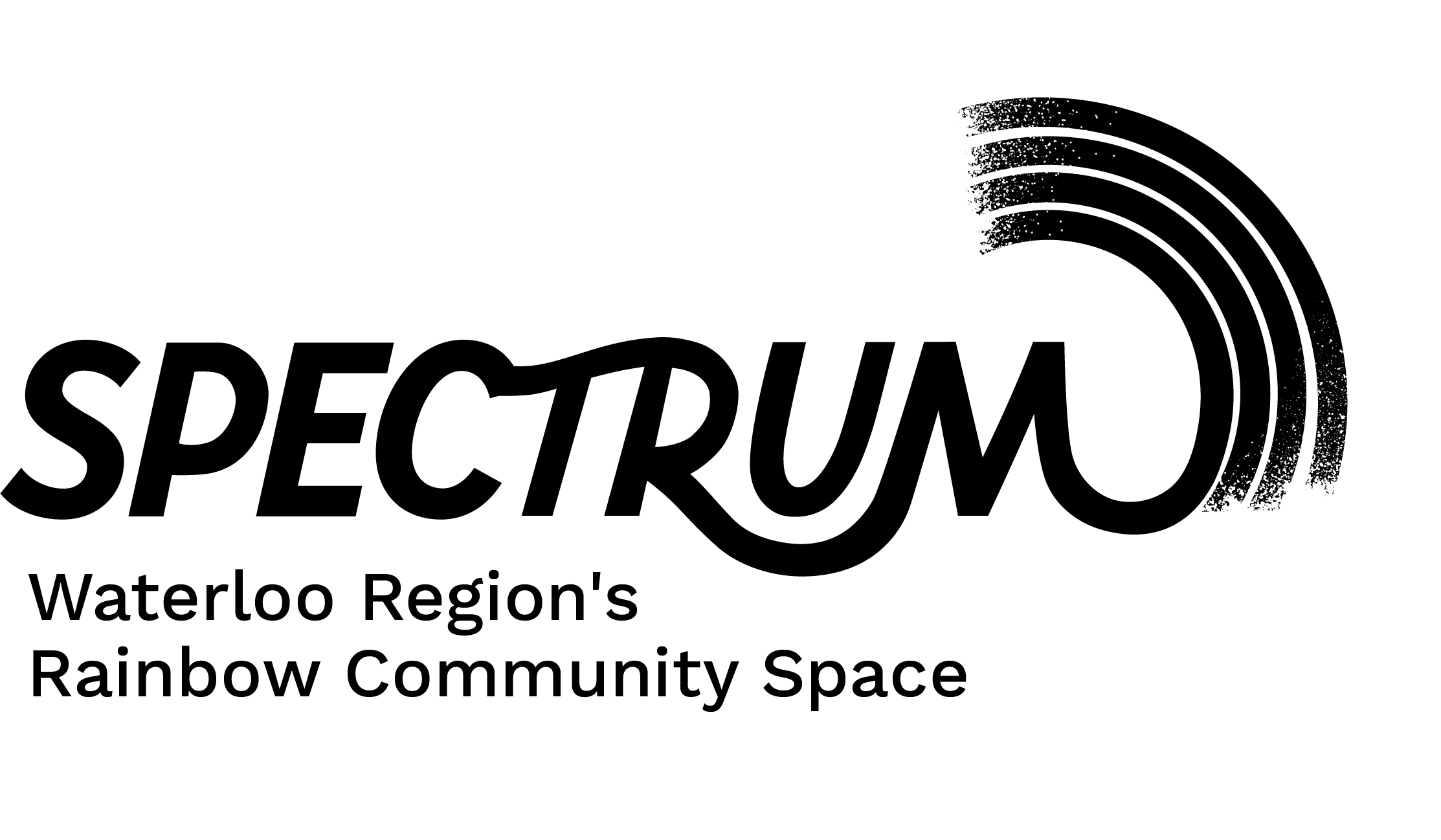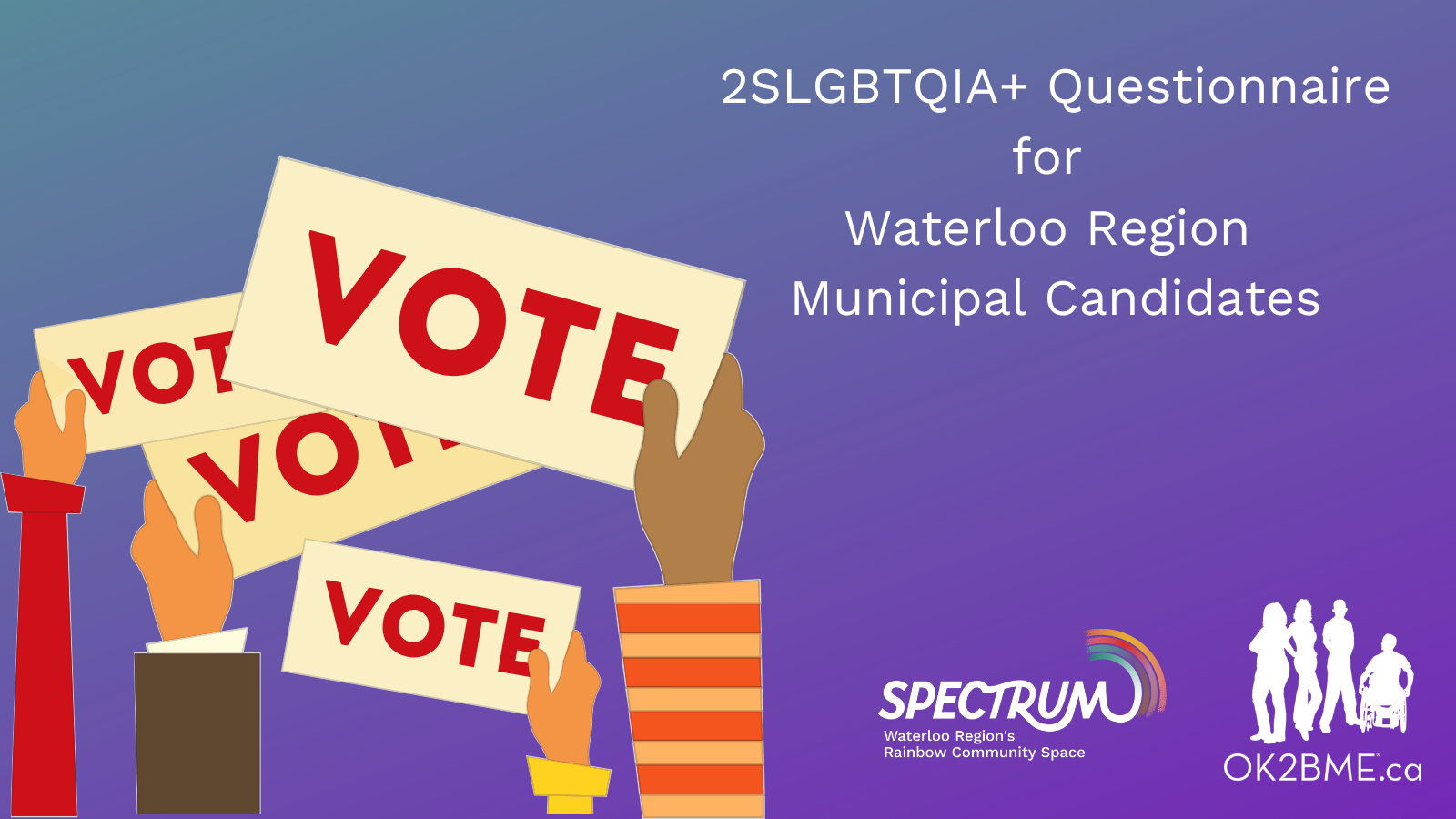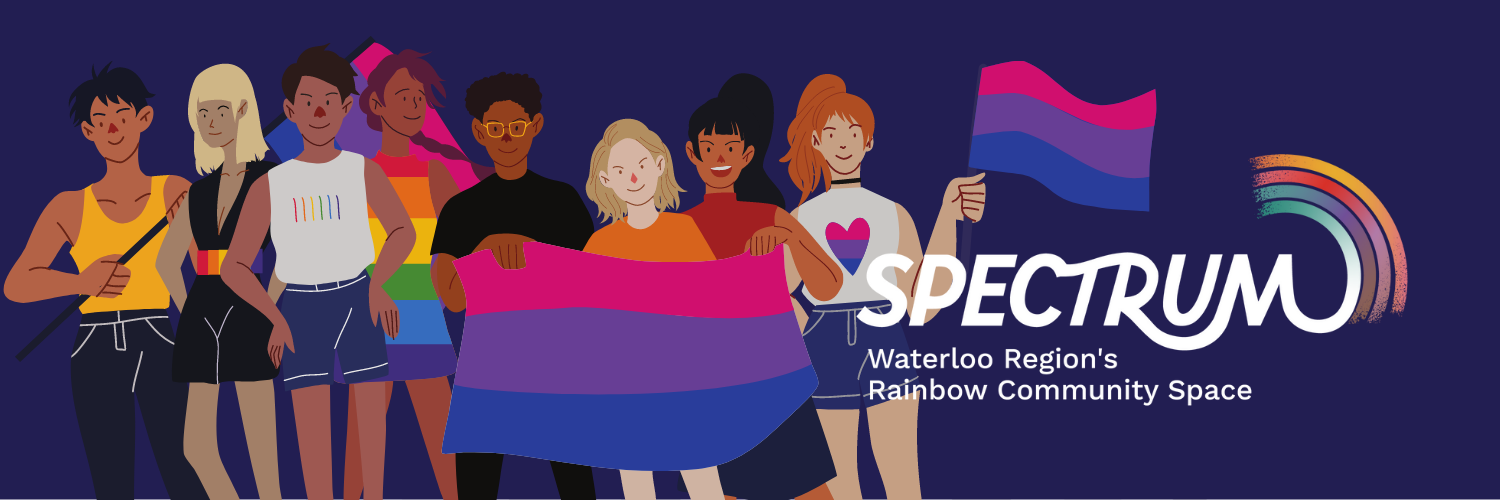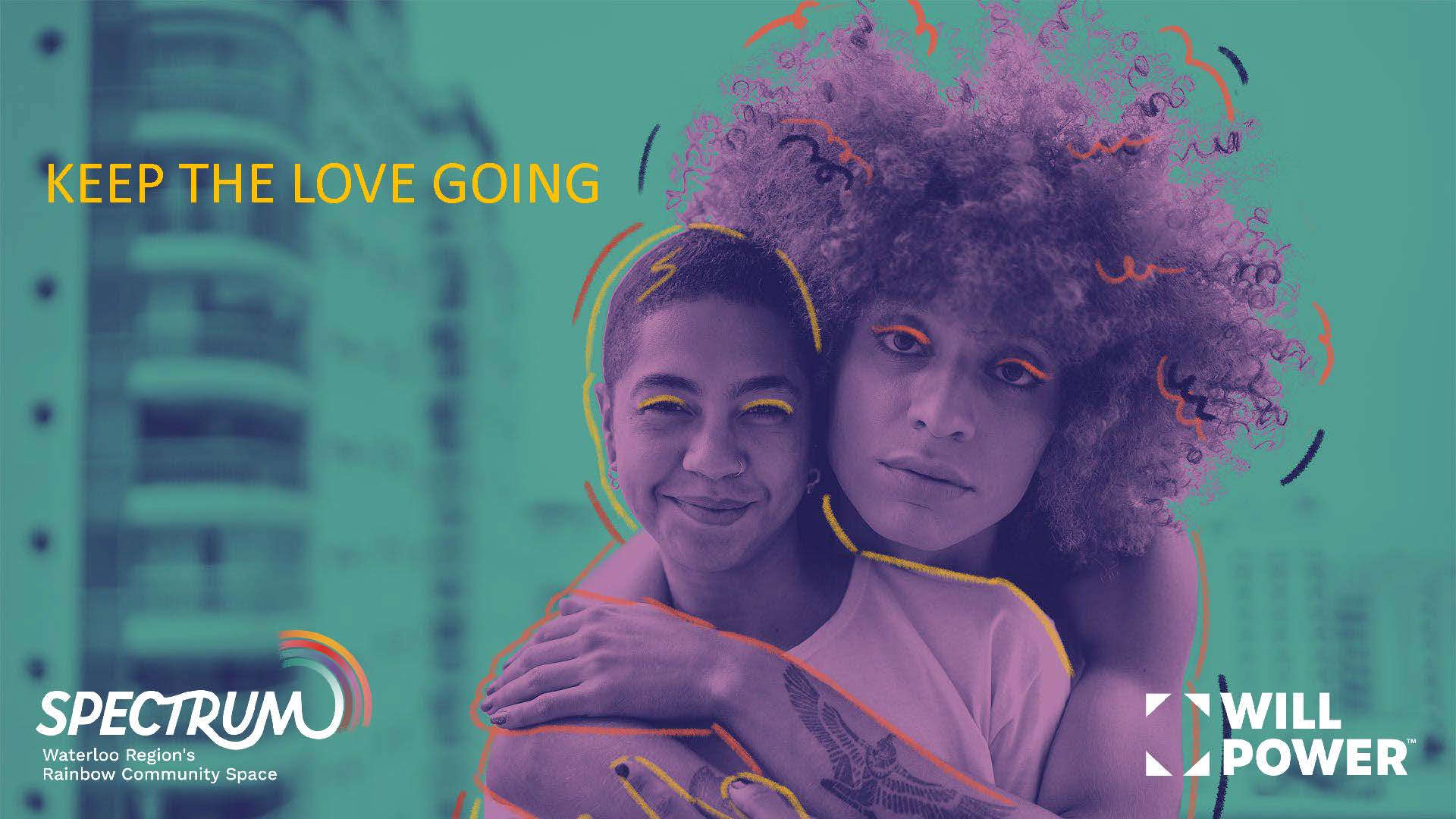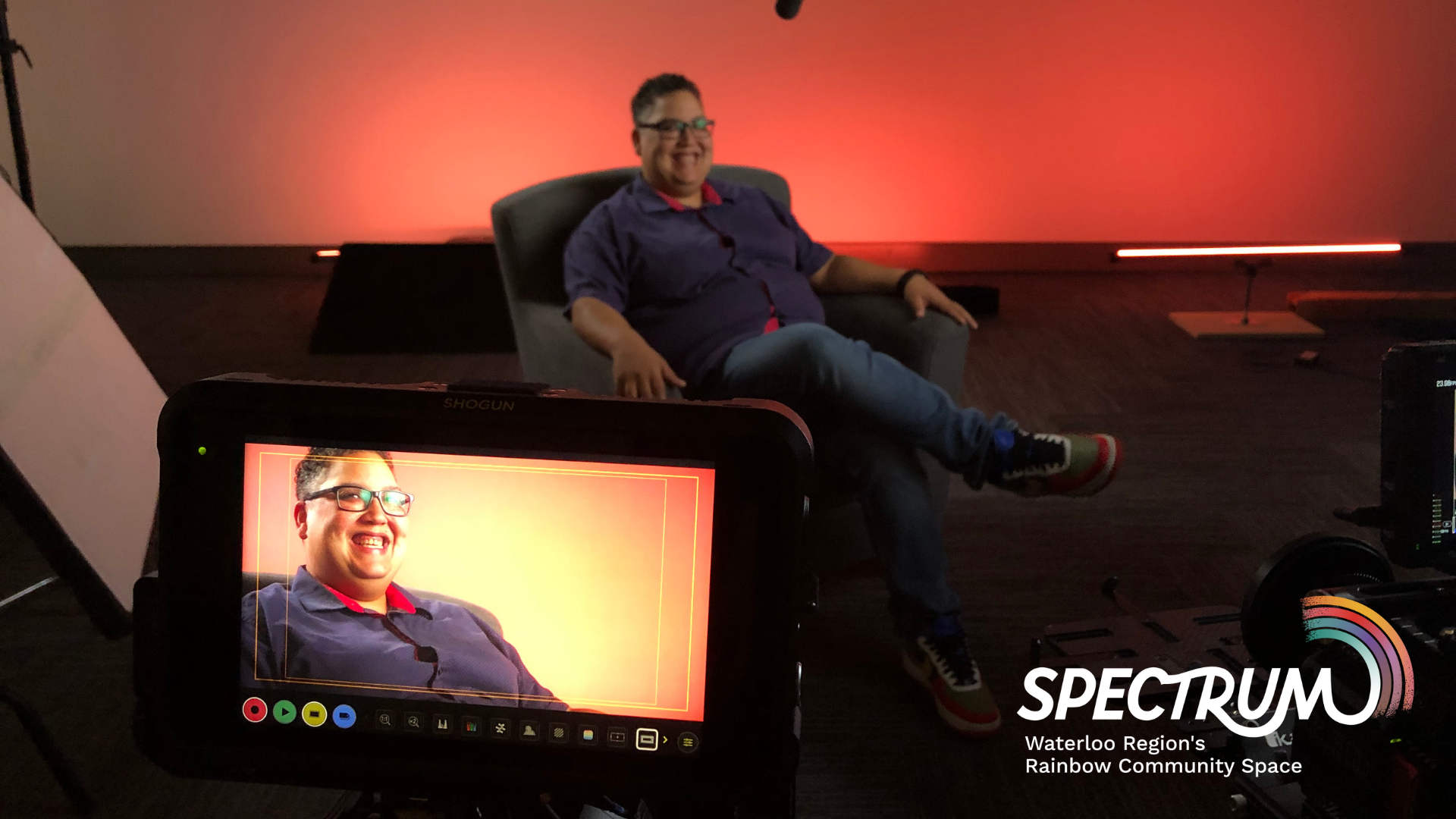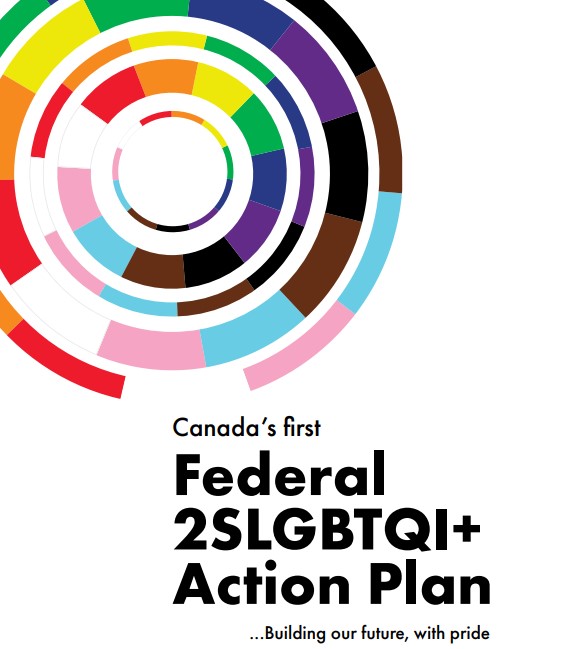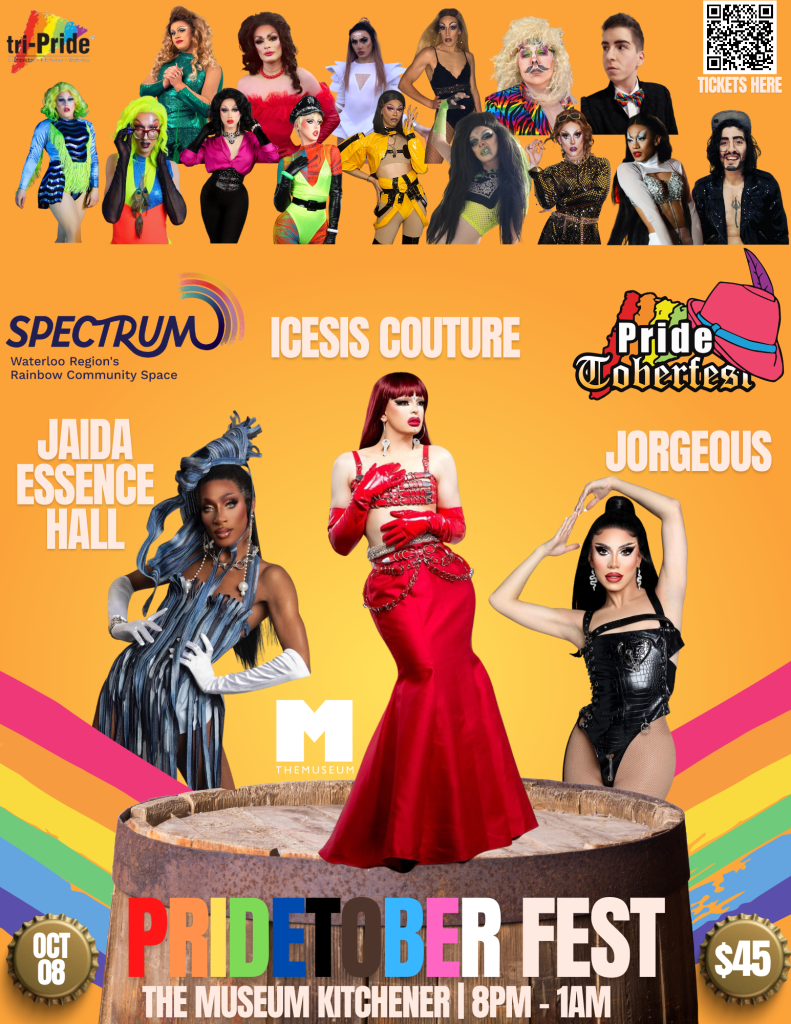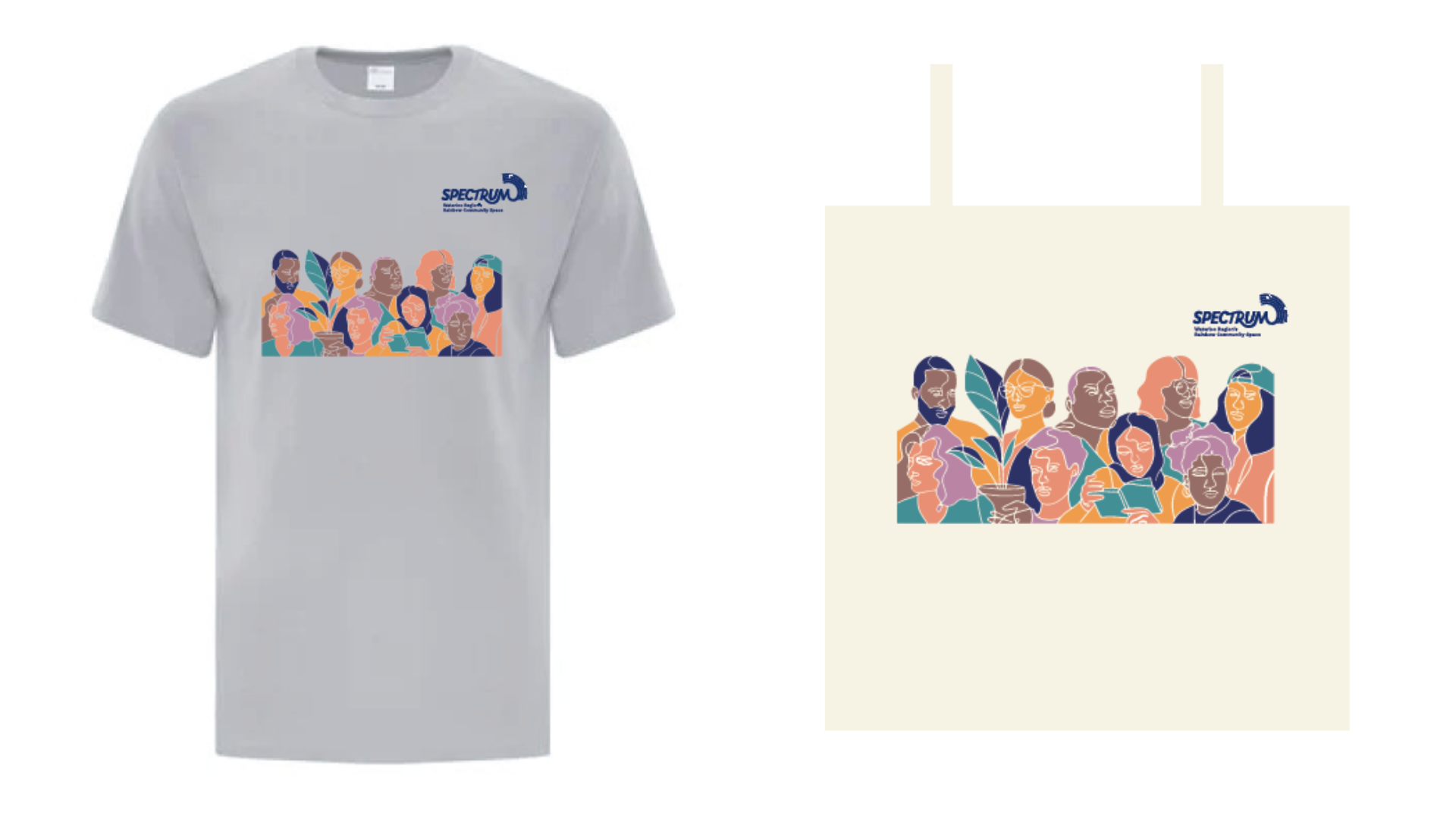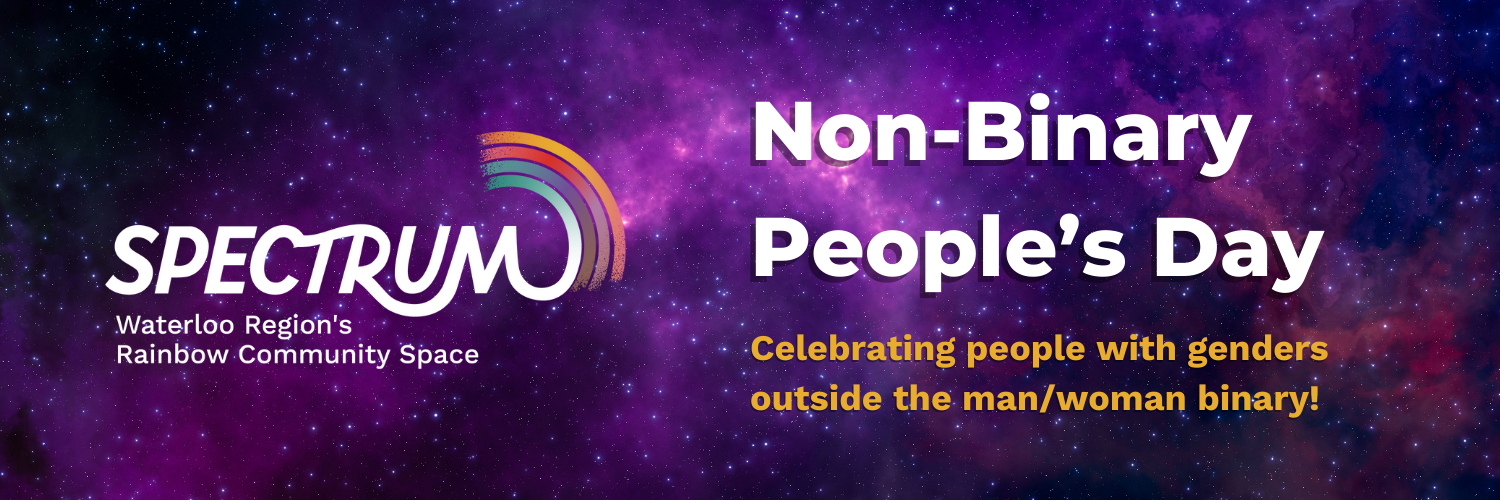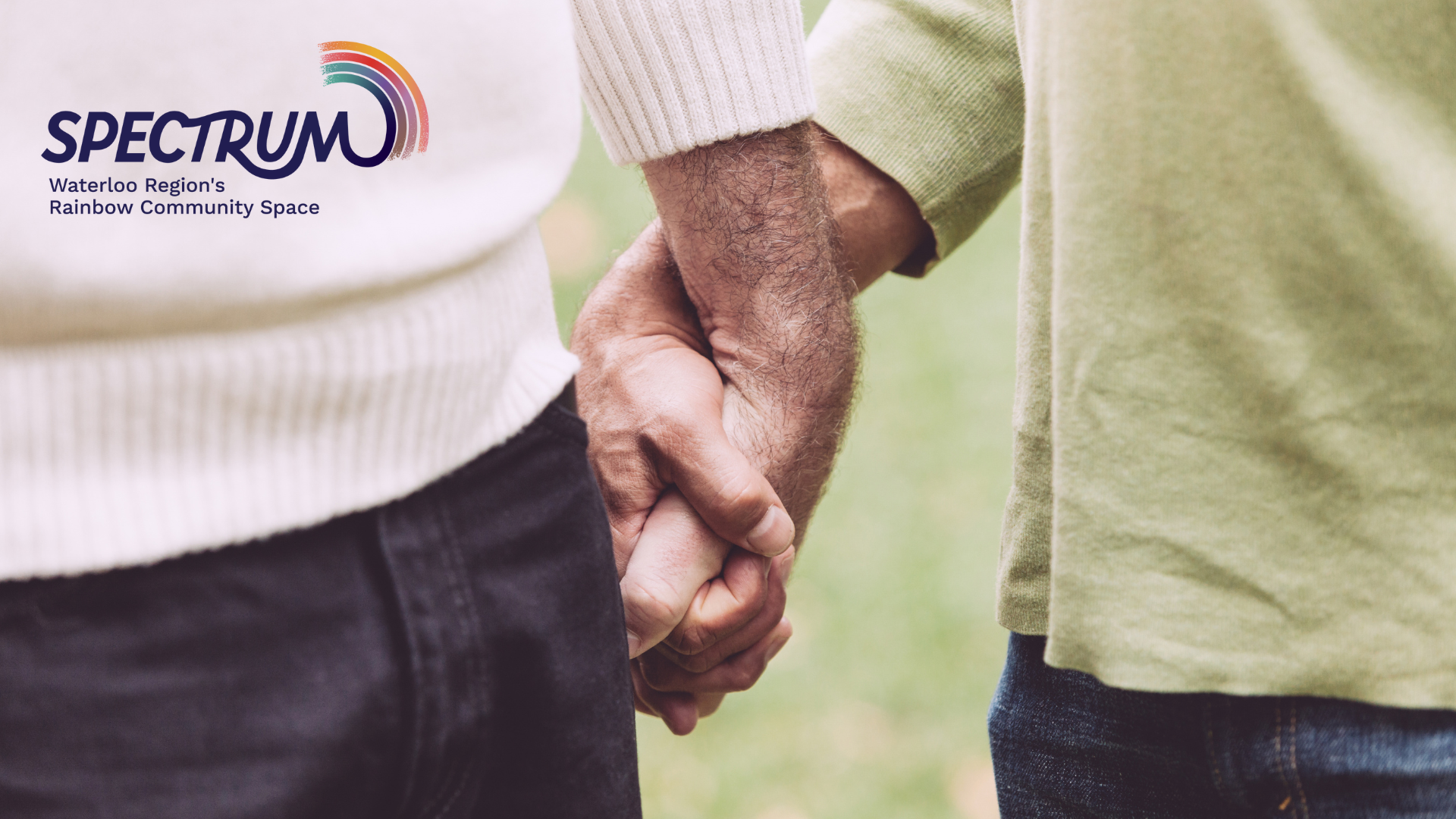SPECTRUM worked with the OK2BME team at KW Counselling Services to create a questionnaire on 2SLGBTQIA+ issues for all of the candidates in the Waterloo Region municipal election. The questionnaire was sent on September 21, 2022 by email to all of the candidates for whom we could find email addresses. A post was made on social media the same day inviting any candidates who had not received the survey to reach out to us for the link. If you are a candidate and did not receive the link but would like to complete the questionnaire please email us at info@ourspectrum.com.
Thank you to the candidates who took the time to complete the questionnaire. Below are the responses we have received to the questionnaire. We will add responses here as we receive them. Before being published, we confirmed with the candidates that the answers accurately reflect what they want shared with the community.
City of Cambridge
- Naeem Awan, Ward Five
- Michele Braniff, Ward Three
- Bill Conway, Ward Six
- Manuel da Silva, Ward Seven
- Ross Earnshaw, Ward Four
- Barbara Harrington, Ward Four
- Corey Kimpson, Ward Three
- Kris Langford, Ward Six
- Amanda Maxwell, Ward Five
- Kathryn McGarry, Mayor
- Matt Rogers, Ward Two
- Clifford Vanclief, Ward Four
City of Kitchener
- Debbie Chapman, Ward Nine
- Aislinn Clancy, Ward Ten
- Scott Davey, Ward One
- Simon Guthrie, Ward One
- Lana Hiscock, Ward Ten
- Margaret Johnston, Ward Eight
- Colin Maley, Ward Seven
- Manikantan Nair, Mayor
- Dave Schnider, Ward Two
- Stephanie Stretch, Ward Ten
- John Vandonk, Ward Four
- Brooklin Wallis, Ward Nine
City of Waterloo
- Melissa Barras, Ward Four
- Royce Bodaly, Ward Two
- Joe Brenner, Ward Five
- Jonathan Cassels, Ward Six
- Rob Evans, Mayor
- Diane Freeman, Ward Four
- Sandra Hanmer, Ward One
- Blayr Hogg, Ward Five
- Dorothy McCabe, Mayor
- Bob Oberholtzer, Ward Five
- Mary Lou Roe, Ward Six
- Matthew Schwarze, Ward Six
- Madelyn Steiss, Ward Three
- Jenn Vasic, Ward Five
- Shannon Weber, Mayor
Township of North Dumfries
- Sue Foxton, Mayor
- Rod Rolleman, Ward One
Township of Wellesley
·
Township of Wilmot
- Cheryl Gordijk, Ward Two
- Angie Hallman, Ward One
- Steven Martin, Ward Four
- Jenn Pfenning, Mayor
- Kris Wilkinson, Ward Two
Township of Woolwich
- Cheryle Baker, Ward One
- Nathan Cadeau, Ward One
- Kayla Grant, Ward Three
- Dan Holt, Ward One
- Patrick Merlihan, Mayor
Regional Council
- James Ball, Kitchener
- Brendon Da Costa, Regional Chair
- Robert Deutschmann, Kitchener
- Jim Erb, Waterloo
- Mark Fisher, Waterloo
- Joe Gowing, Kitchener
- Chantal Huinink, Waterloo
- Karen Redman, Regional Chair
- Matt Rodrigues, Kitchener
- Bobbi Stewart, Cambridge
- Kari Williams, Kitchener
WRDSB Trustees
- Barb Chrysler, Kitchener
- Julia Dunham, Kitchener
- Jayne Herring, Cambridge/North Dumfries
- Carla Johnson, Cambridge/North Dumfries
- Rachel Liley, Kitchener
- Fred Meissner, Woolwich/Wellesley
- Scott Piatkowski, Waterloo/Wilmot
- Maedith Radlein, Kitchener
- Natasha Rolleman, Kitchener
- Tara Ross, Kitchener
- Marie Snyder, Waterloo/Wilmot
- Laurie Tremble, Kitchener
- Meena Waseem, Kitchener
- Courtney Waterfall, Cambridge/North Dumfries
- Joanne Weston, Kitchener
- Kathleen Woodcock, Waterloo/Wilmot
- Wendy Woodhall, Waterloo/Wilmot
WCDSB Trustees
- Wendy Ashby, Kitchener/Wilmot
- Dariusz Grabka, Kitchener/Wilmot
- Tracey Weiler, Kitchener/Wilmot
CSDCCS (French Catholic)
